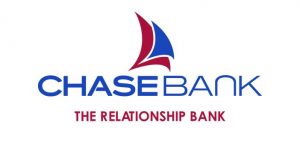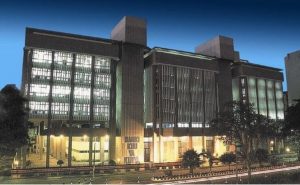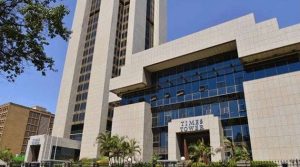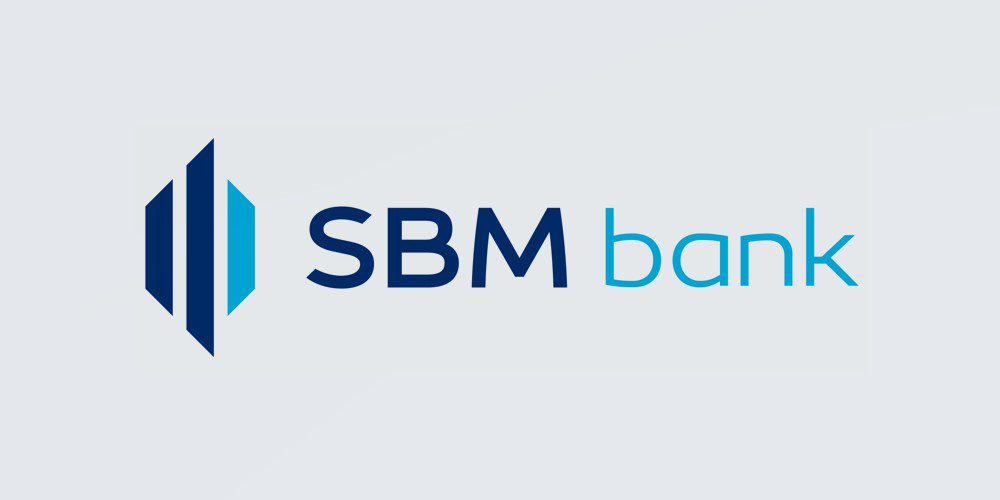An order has been issued to the State Bank of Mauritius (SBM) to pay 400 million Kenyan Shillings in taxes and penalties on a top secret 9.6 billion Kenyan Shilling interest free loan that it secured from the Central Bank of Kenya (CBK) during the acquisition of the assets of Chase Bank.

The Tax Tribunal countermanded an appeal by the State Bank of Mauritius (SBM) to stop the Kenya Revenue Authority (KRA) from claiming the payment after the bank did not agree to reveal its agreements with the banking sector regulator; Central Bank of Kenya (CBK) and the Kenya Deposit Insurance Corporation (KDIC) for the acquisition of Chase Bank.
The Tax Tribunal stated that the State Bank of Mauritius (SBM) also refused to give proof of payment for the purchase, analysis, and the valuations of the liabilities and assets it took over, as well as supporting documents for the 9.6 billion Kenyan Shilling Central Bank of Kenya (CBK) liquidity support.
The Tax Tribunal led by Patrick Lutta stated that, “The tribunal finds that SBM failed to furnish KRA and this tribunal with crucial documentation which would have helped in determining whether the amount described in SBM’s financial statement as ‘other income- balances due to CBK’ could be interpreted as other fees to be charged excise duty.”
It added that, “As such, the tribunal finds that SBM has failed to adequately challenge the assessment raised by KRA.”

In 2016 Chase Bank closed down. The occurrence made it the third bank in under a year, to do so as Imperial Bank and Dubai Bank had suffered the same fate which essentially caused a crisis in the banking sector and prevented depositors from gaining access to their hard earned money.
It took a period of two (2) years to properly resolve the Chase Bank predicament in closely guarded talks that led to the State Bank of Mauritius (SBM) acquiring 75 percent of the assets and liabilities of Chase Bank in what is being seen as the first ‘carve out’ deal in Kenya.
The deal was officially finalized in August of 2018 and announced as a massive success that made it possible for around 3,100 former depositors at Chase Bank to be able to access their deposits which stood at around 57 billion Kenyan Shillings.
The only condition was that the Chase Bank depositors will only be able to get access to 28.5 billion at once. They would have to wait more than three (3) years in order to get the remaining in parts of 9.5 billion Kenyan Shillings, ending in 2021.
Chase Bank is currently under liquidation so as to be able to pay the rest of its liabilities due to the fact that most creditors did not receive their money. This also included investors who had invested 4.8 billion Kenyan Shillings in the Chase Bank bond that is still suspended.
The details of the transactions have not yet been revealed and the claim by the Kenya Revenue Authority (KRA) has brought to light some of the arrangements which helped facilitate the expansion of the State Bank of Mauritius (SBM) in to the Kenyan market.

Filings at the Tax Tribunal made it known that the State Bank of Mauritius (SBM) said in 2018 it sent the regulator its binding offer to buy Chase Bank abiding by certain conditions set by the regulator.
This was in addition to it taking over a 9.6 billion Kenyan Shilling liability owed to the Central Bank of Kenya (CBK), taking over a majority of Chase Bank’s staff and branches, granting unrestricted access to non-moratorium depositors, and taking over 75 percent of the deposits.
It took over assets including loans, investment securities, cash, intangible assets, a number of other financial receivables, equipment, properties, and leases.
The State Bank of Mauritius (SBM) in turn, agreed that the 9.6 billion Kenyan Shilling loan from the Central Bank of Kenya (CBK), would be repaid within five (5) years without incurring any interests.
In the words of the Tax Tribunal, “SBM averred that it had been agreed upon that post-acquisition, the loan due to CBK would transition to SBM on the same terms and conditions as it previously was under Chase Bank but should be repaid within five years. Among those conditions was that the loan was interest-free.”

According to the State Bank of Mauritius (SBM) the accounting rules forced it to specify the fair value of the loan at a discount of the 10 percent Central Bank of Kenya (CBK) rate over five (5) years leading to, a 3.6 billion Kenyan Shilling negative goodwill amortized over the period.
The State Bank of Mauritius (SBM) stated that the bargain in the purchase of the assets or the negative goodwill should not be subjected to excise duty as is the case with other fees.
The Kenya Revenue Authority (KRA) in response stated that the bargain should be viewed as a discount on the fair value of an asset released to the profit and loss account over time and as a result, taxed as other income.
The Tax Tribunal stated that, “Negative goodwill indicates a distressed sale whereby unfavourable conditions leads to the depressed sale value. KRA thus argued that negative goodwill represents taxable credits.”

The Kenya Revenue Authority (KRA) however stood its ground as a result of the fact that the State Bank of Mauritius (SBM) declined to provide the evidence as required by the law.
During the hearing, the Kenya Revenue Authority (KRA) had at first agreed to to settle the matter as soon as the documents were provided. The Tax Tribunal agreed and adjourned three (3) times but the State Bank of Mauritius (SBM) stated that the documents provided to the Central Bank of Kenya (CBK) were confidential.
How informative was this article? Are there any other news topics, categories, or How To topics, that you would like us to write on? Feel free to reach out to Mpesa Pay in the comment section.


